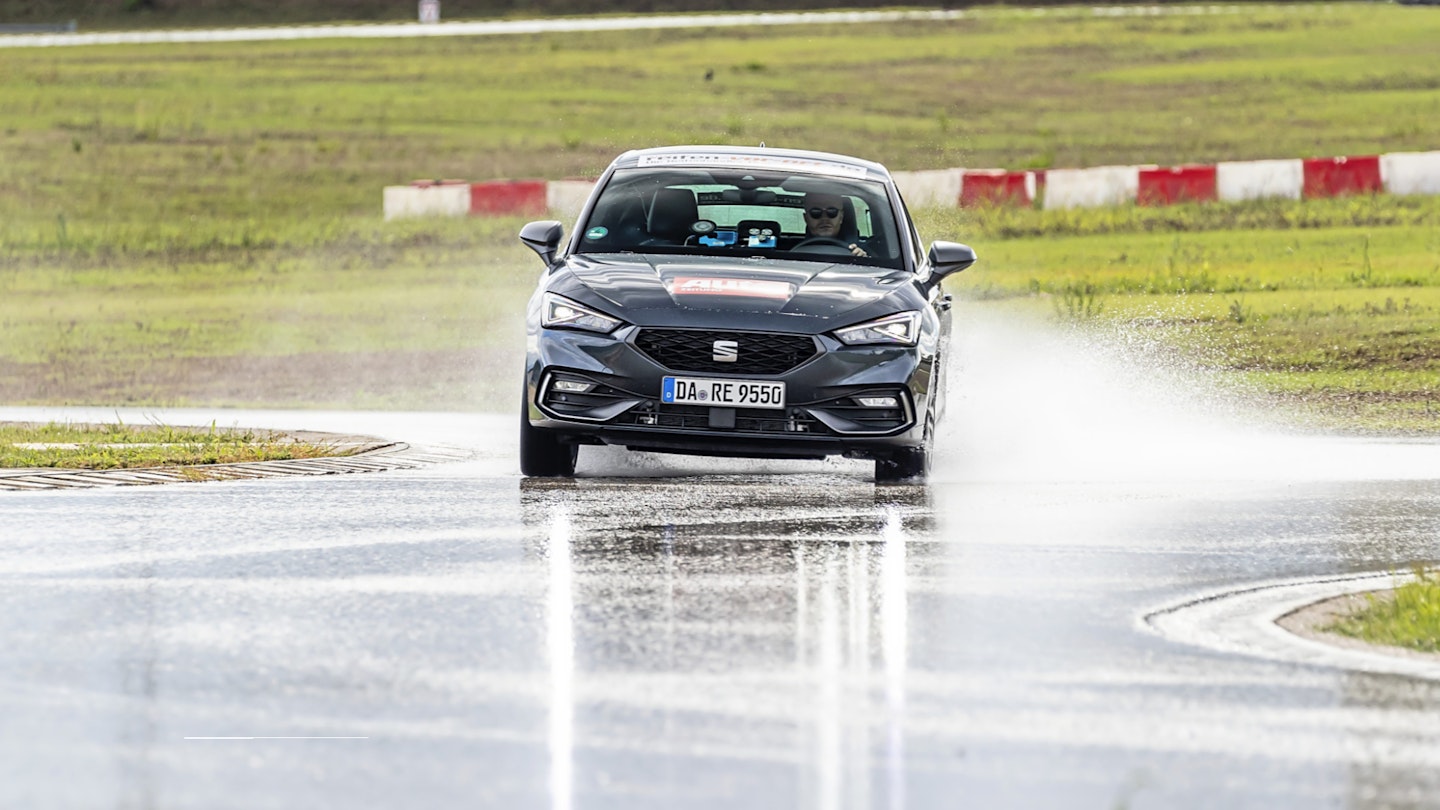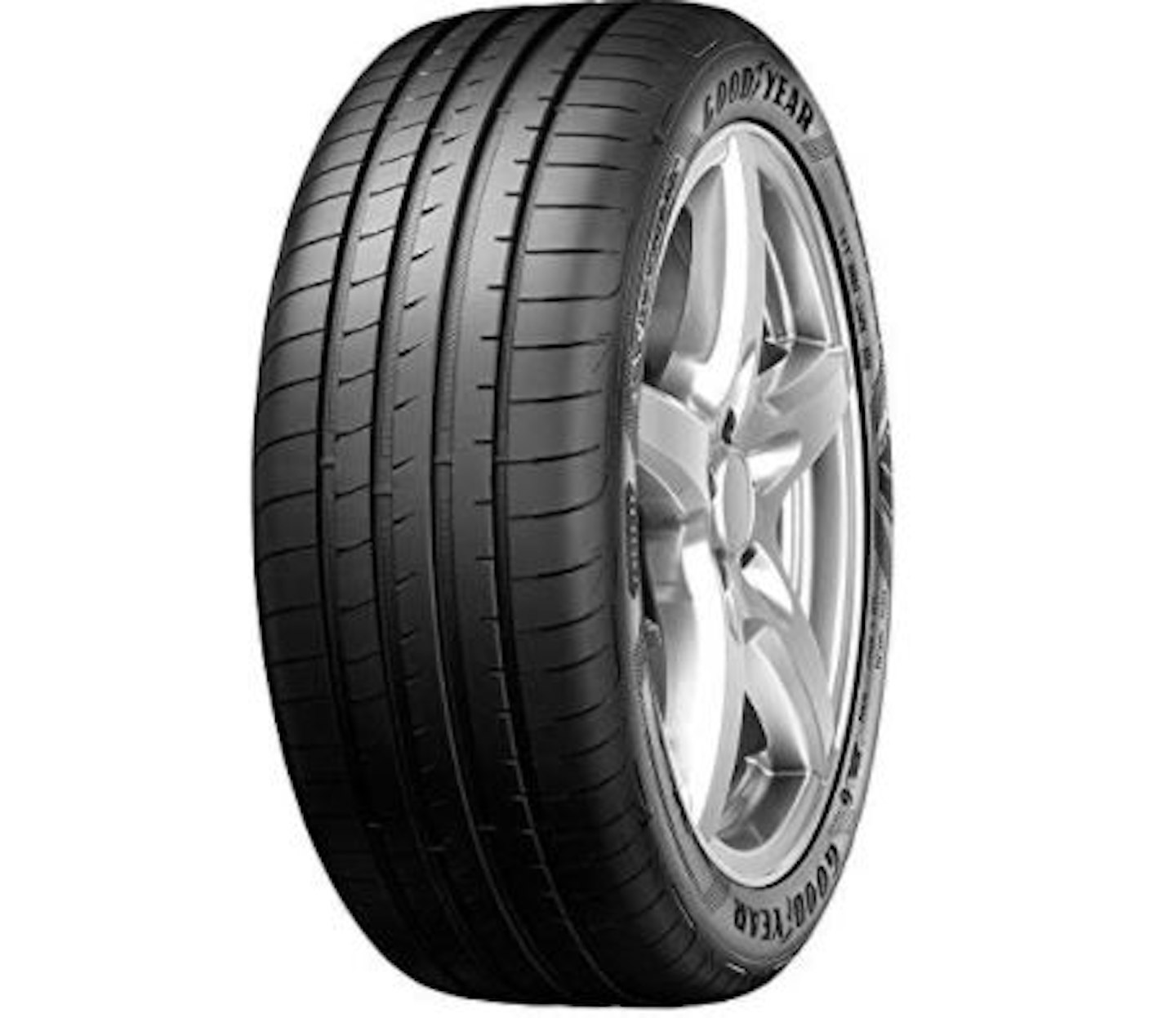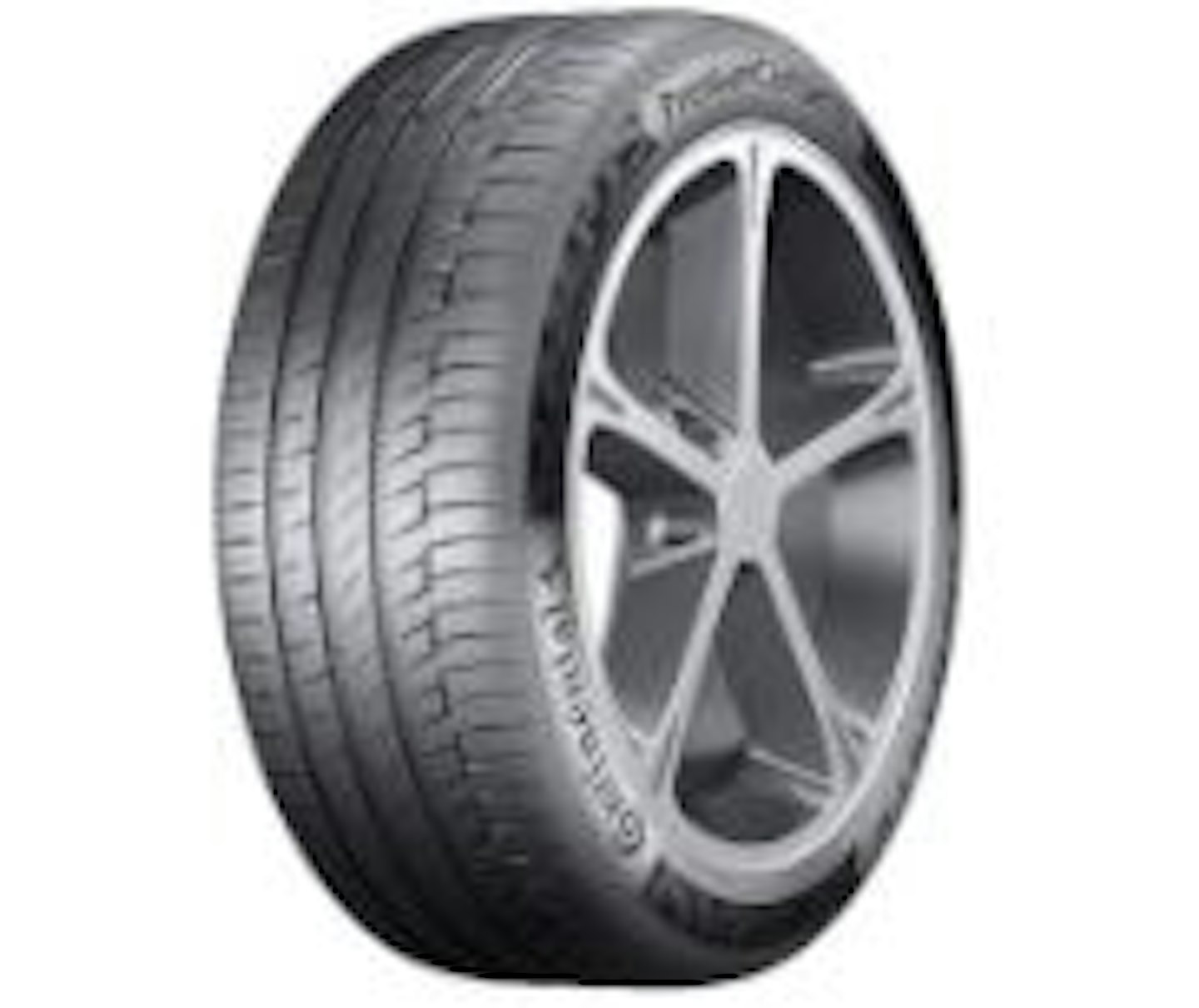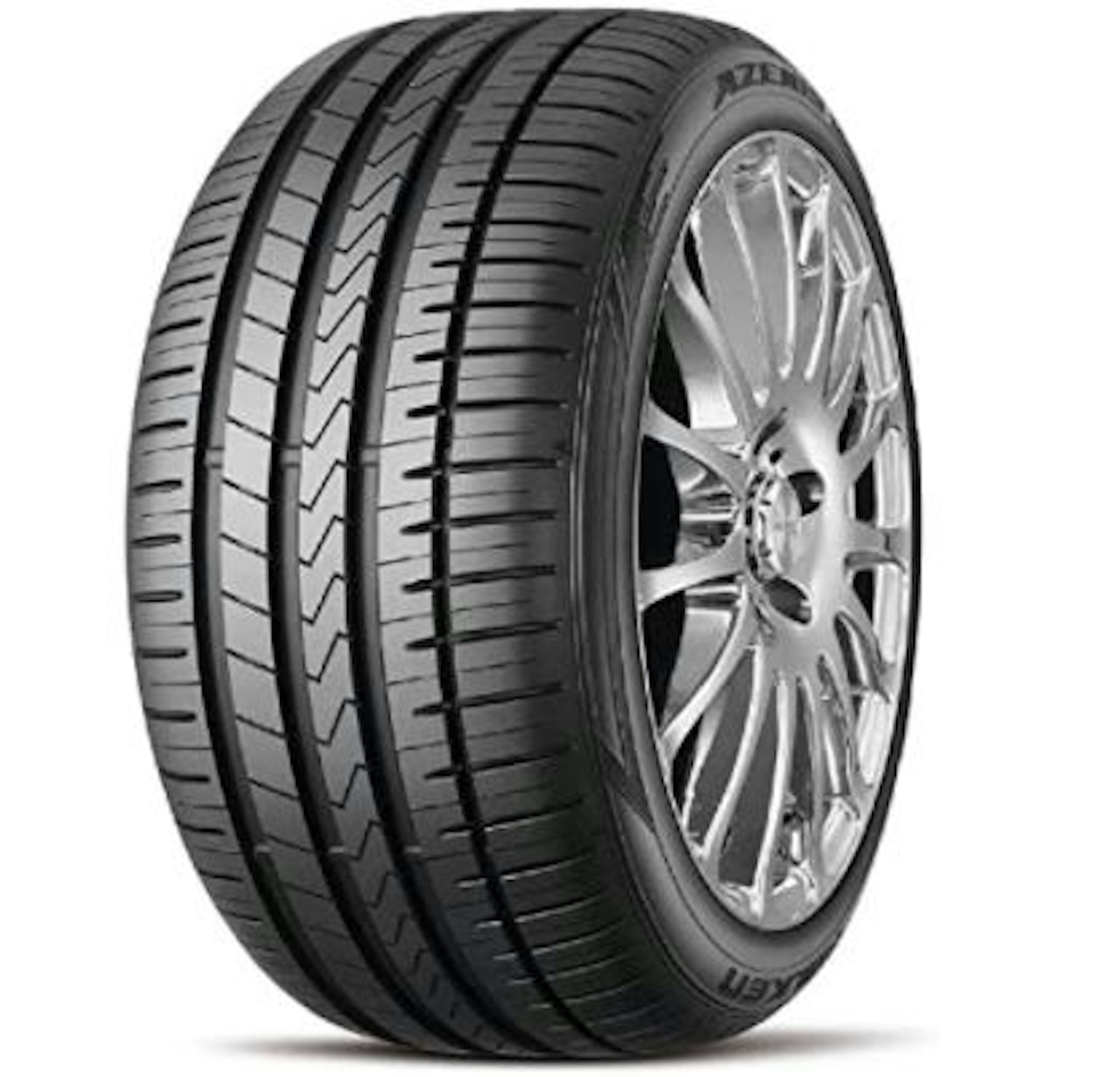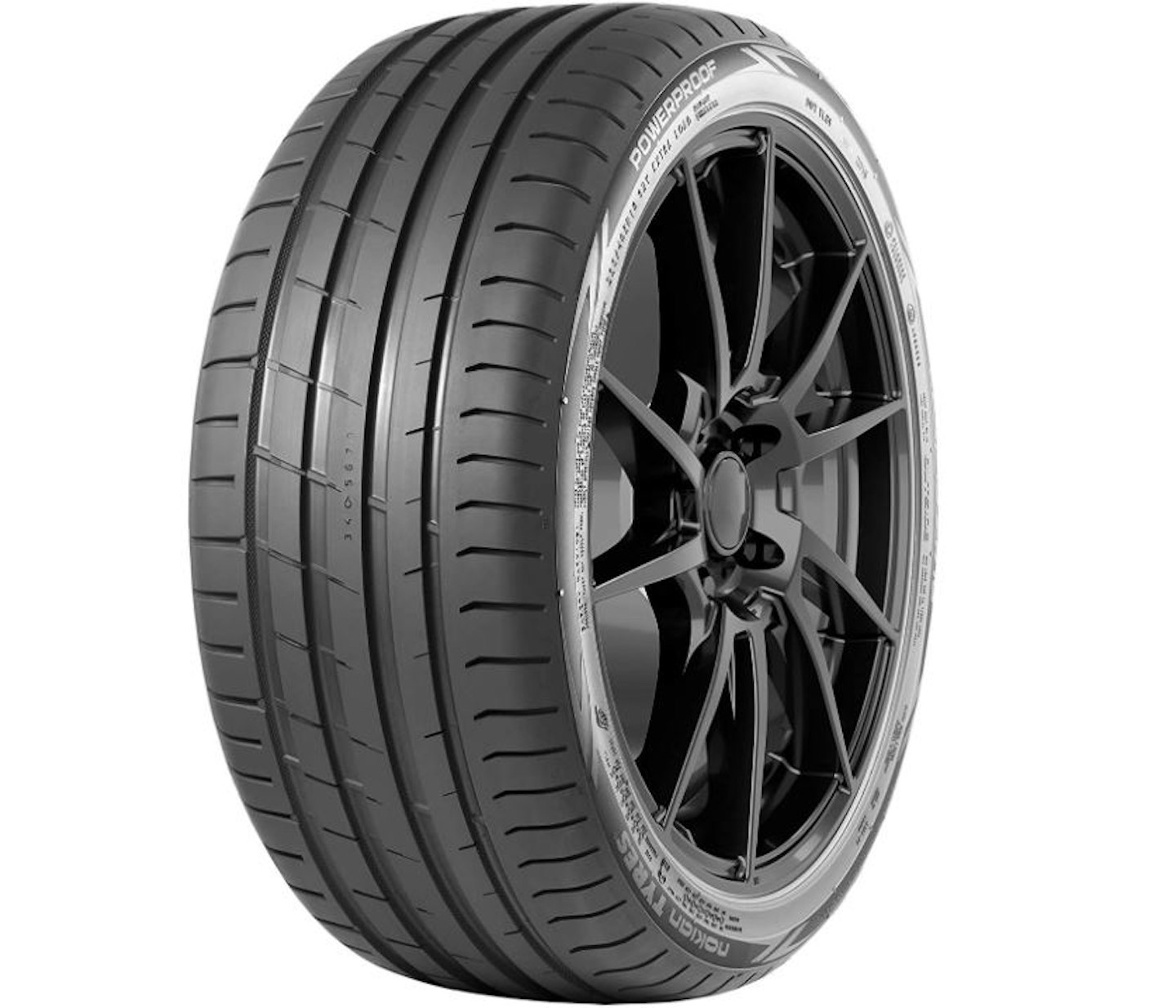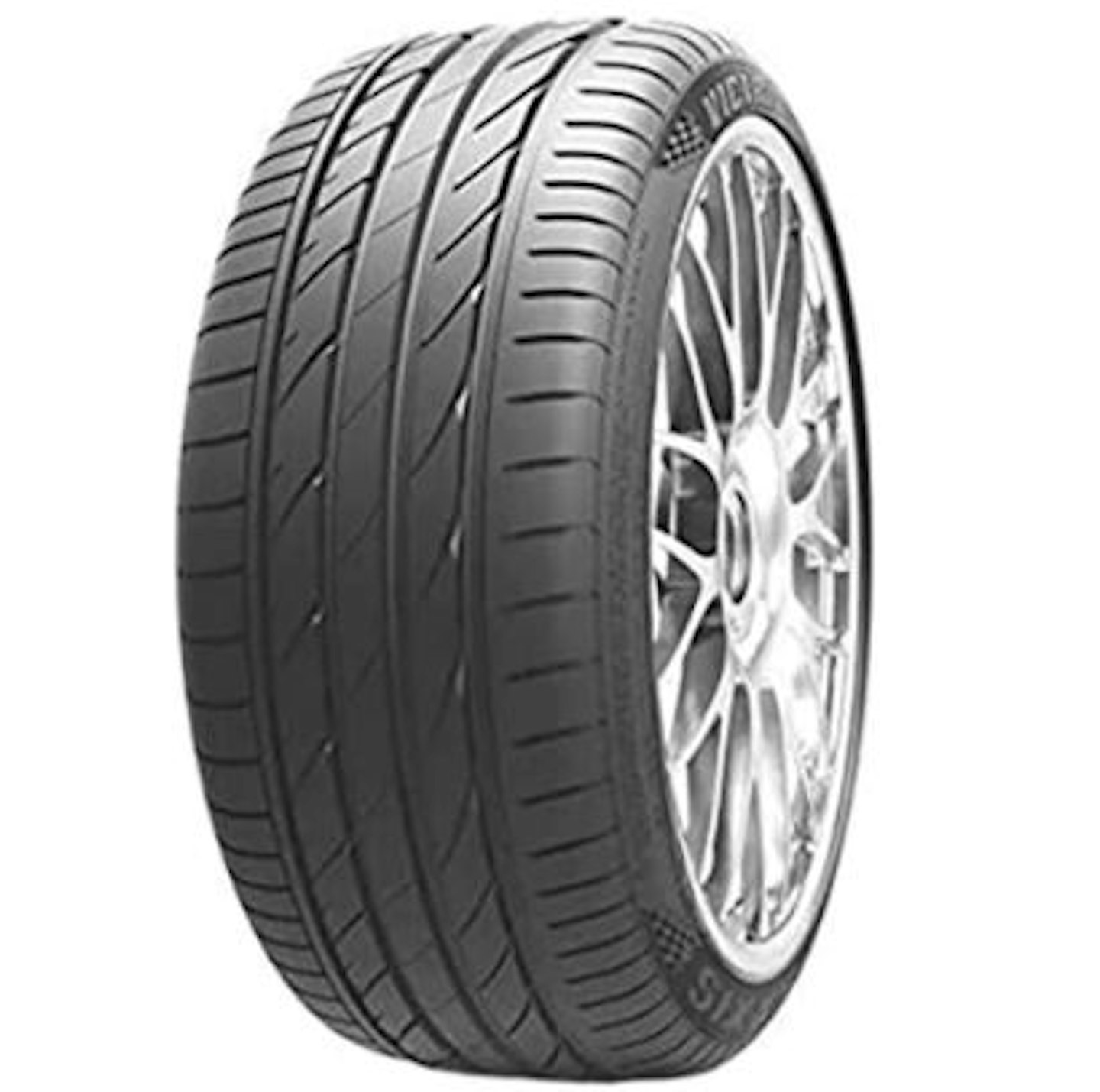Each year, our sister title in Germany, Auto Zeitung, conducts tests of winter, all-season, and summer tyres. Their testing is very thorough and fair, buying tyres in the same size for use on the same car (Seat Leon) and from tyre stores rather than being supplied by manufacturers.
The summer tyres in this round of testing were subject to thirteen assessments, which included wet and dry handling and braking, a slalom, aquaplaning, rolling resistance, and road noise.
The contenders for 2021:
Continental PremiumContact 6 Dunlop Sport Maxx RT2 Falken Azenis FK510 Goodyear Eagle F1 Asymmetric 5 Hankook Ventus S1 evo3 Maxxis Victra Sport 5 Michelin Pilot Sport 4 Nexen N’Fera Sport Nokian Powerproof Pirelli P Zero PZ4
The results
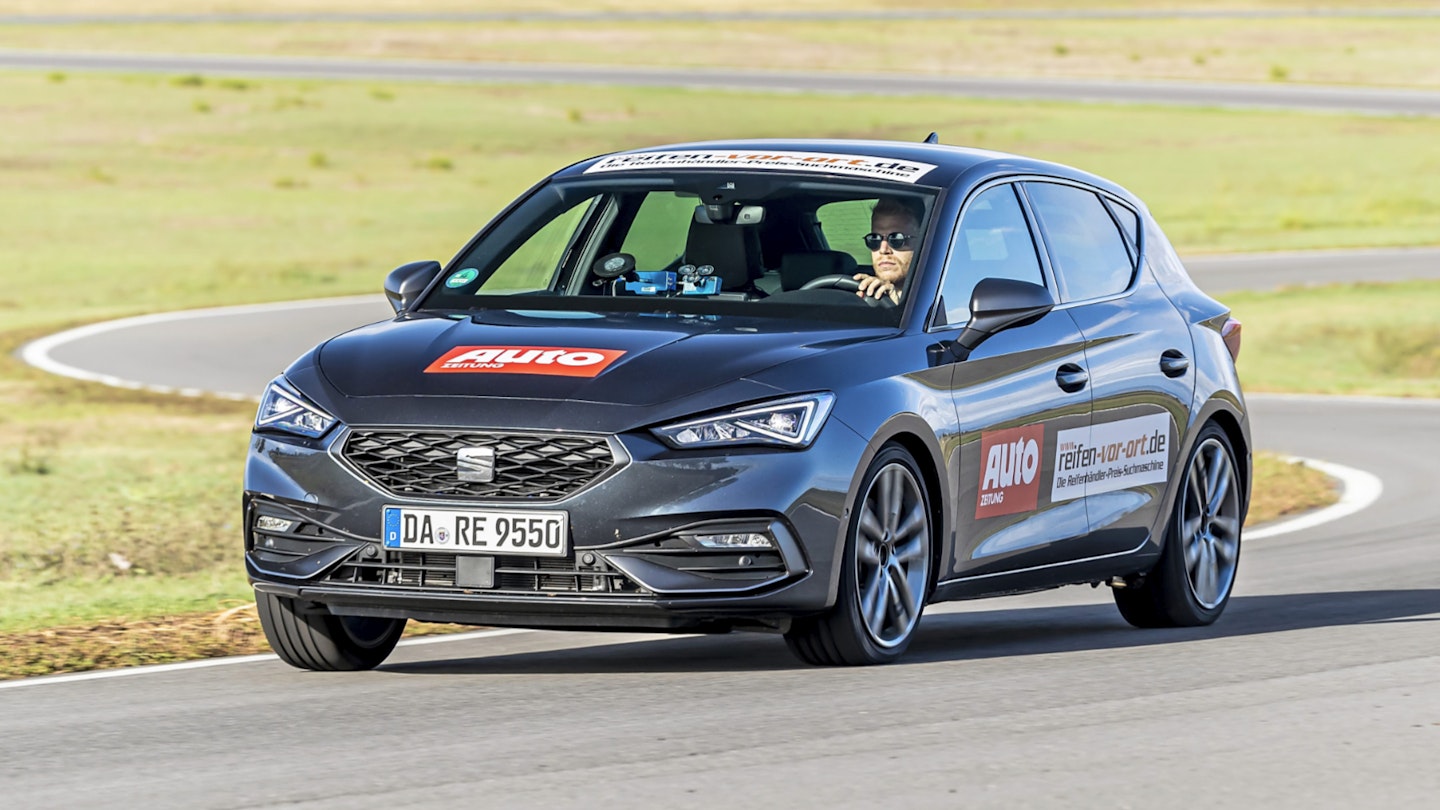
Here you can find the tyres ranked in descending order.
Test winner
Score: 92/100
Fuel-saving recommendation
A great all-rounder. The Goodyear tyre performed well in the aquaplaning test and won the 62-0mph wet brake test. It came fourth in the dry brake test and ranked just below average in the wet handling tests. However, it did much better in the dry handling tests.
The Goodyear tyre gained third place for rolling resistance and fifth place in tyre noise (71dB).
Appropriately, the Continental tyre came in second place for both the wet and dry 62-0 mph brake tests. It performed well in the aquaplaning test and also won the dry handling test.
However, its weaknesses lay in the wet handling test and rolling resistance and noise, where it scored relatively poorly in a close contest.
Third place
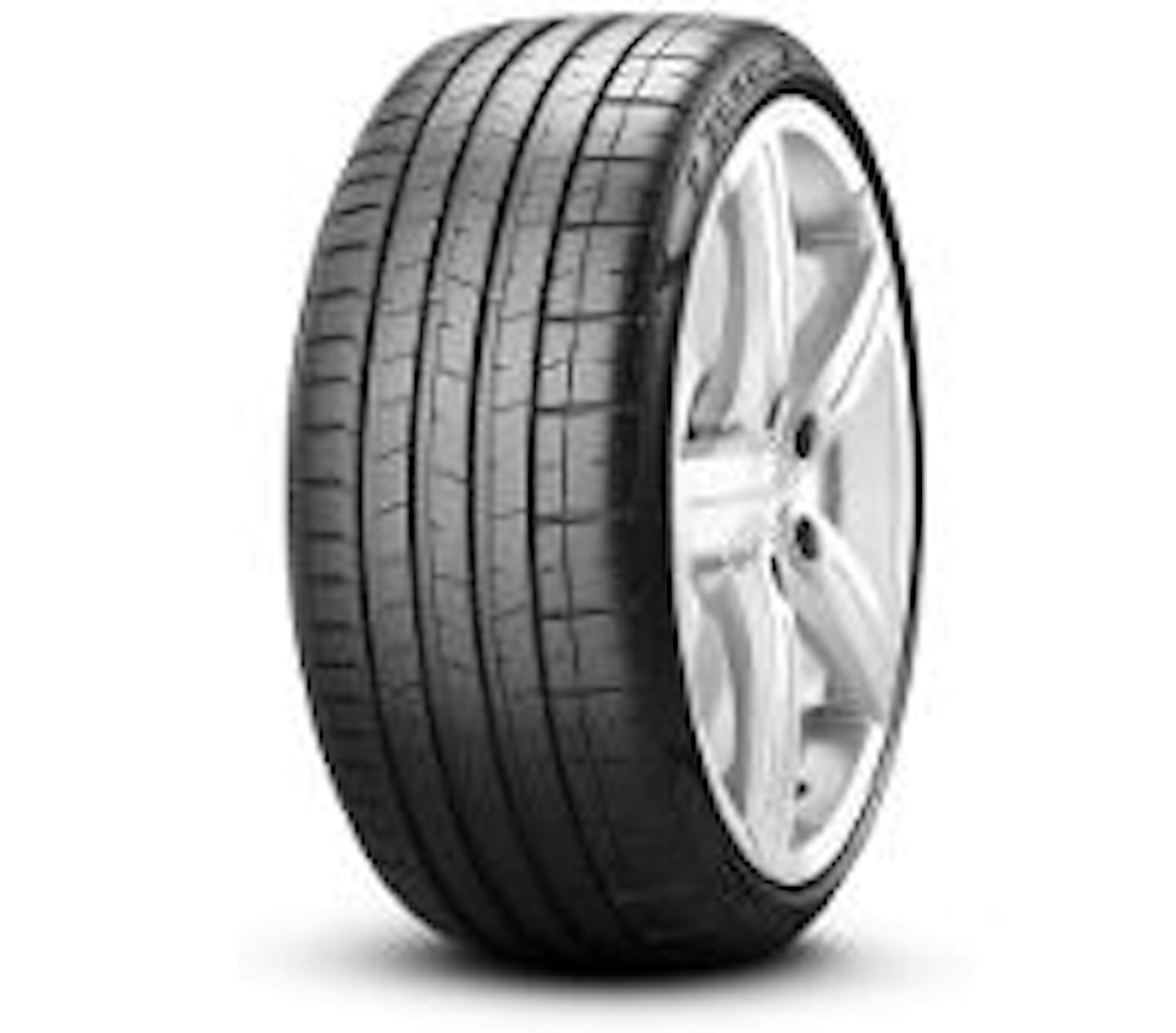
www.mytyres.co.uk
Score: 88/100
The Pirelli tyre excelled in wet conditions, winning all the wet handling tests and slalom. The P Zero PZ4 also scored well for road noise at 69.8dB. It ranked in the middle for both wet and dry braking tests, and also the dry handling test.
Where it scored lowest was in rolling resistance.
Fourth place
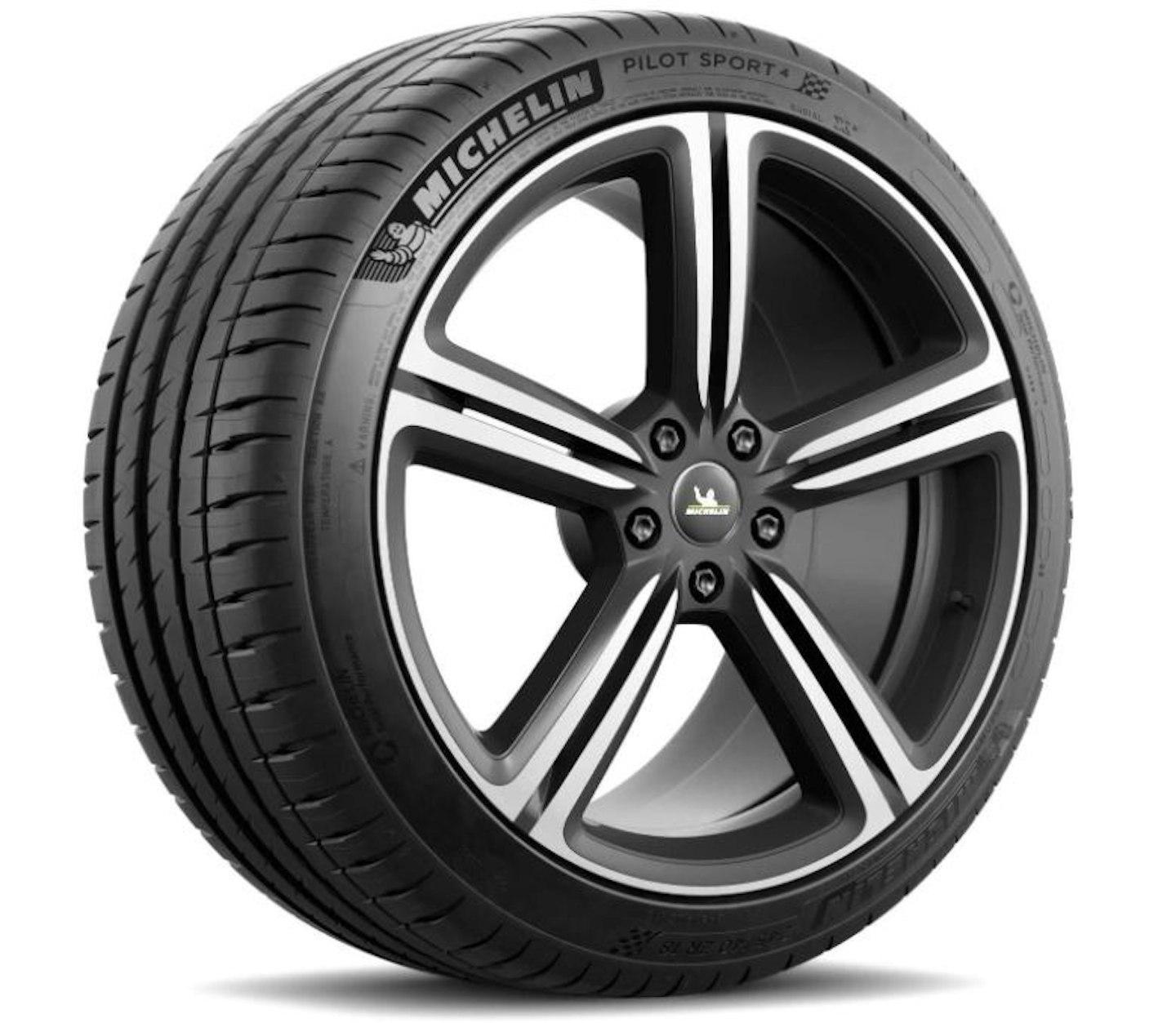
www.blackcircles.com
Score: 87/100
Like the Goodyear tyre, the Michelin is a solid all-rounder, performing reasonably well in all areas.
It's standout achievement was winning the dry brake test; but it's weakest point was road noise with a reading of 71.1dB.
Fifth place
Score: 86/100
Fuel-saving recommendation
The Falken tyre scored well in the wet braking test (third place), aquaplaning, and quietness.
It scored average in the dry braking test and slalom, but ranked quite low in the handling tests.
Sixth place
Score: 85/100
The Nokian tyre ranked around the middle for most tests. Where it excelled was in the wet handling test, securing second place behind the Pirelli tyre.
However, it was the loudest tyre tested, at 71.9dB.
Seventh place
Score: 83/100
The Maxxis tyre did reasonably well in the wet and dry handling tests, securing fourth and second places respectively. It also gained third place in the dry braking test and second place in the slalom.
It didn't do so well in the wet braking test (eight place) and ranked about the middle for rolling resistance and noise.
Eighth place
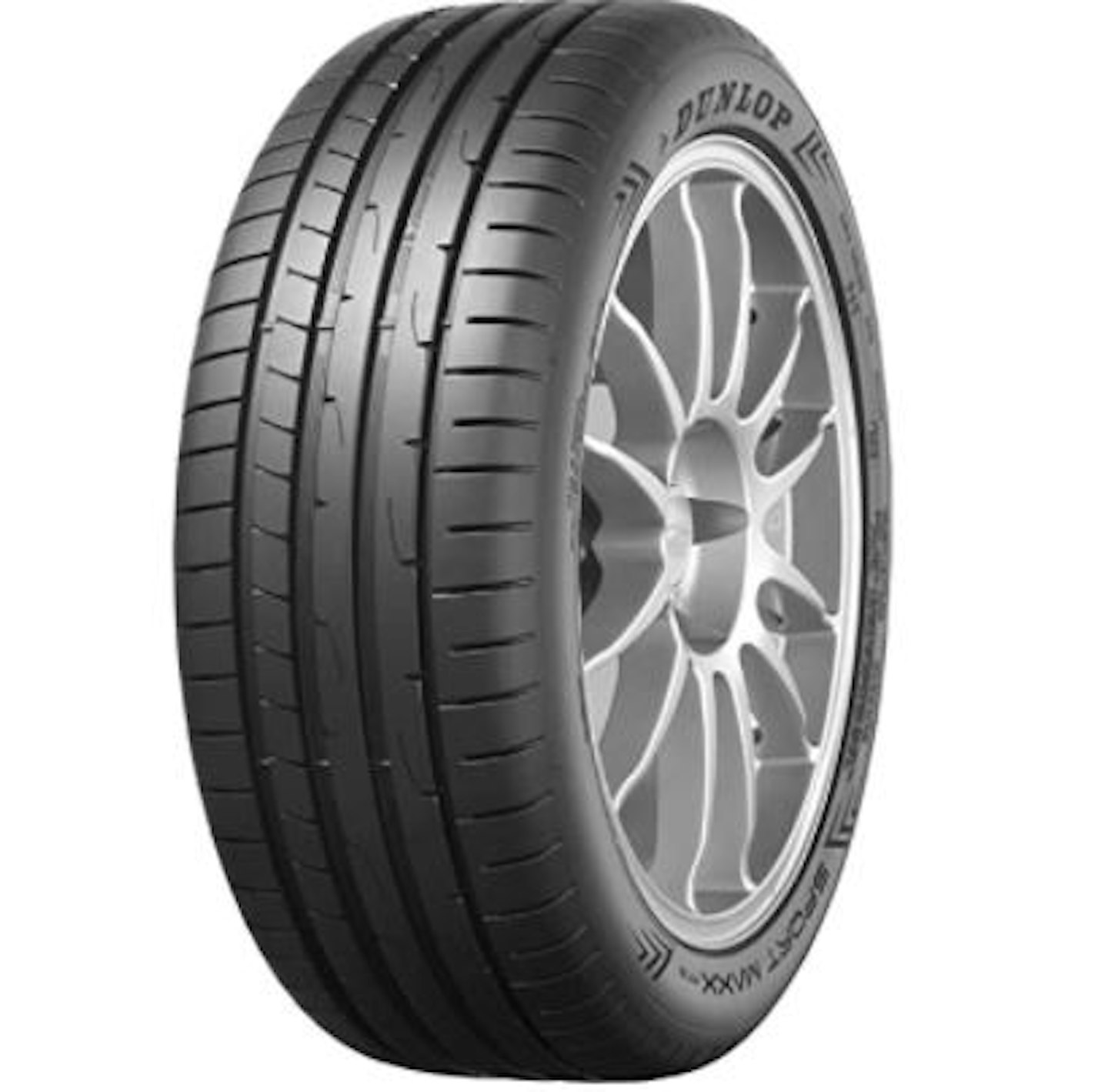
www.blackcircles.com
Score: 81/100
The Dunlop tyre's strengths lie in quietness (second place), little rolling resistance (first place), and subjection to aquaplaning (first place).
It performed fine in the wet braking and handling tests but came last in the dry braking and handling tests.
Ninth place
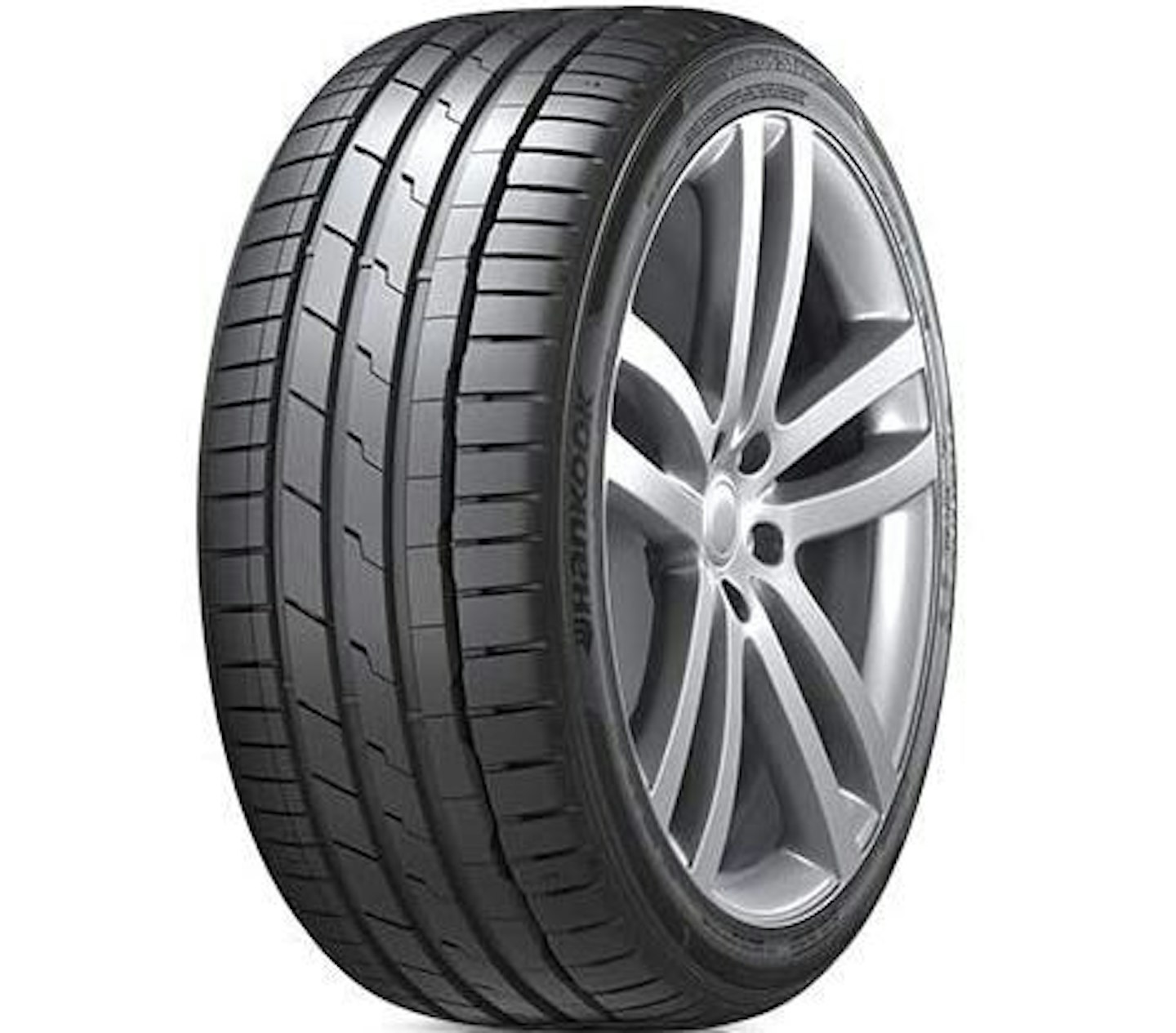
www.mytyres.co.uk
Score: 78/100
Having not ranked particularly well overall, it is not a surprise that the Hankook tyre sits in the lower half of the rankings for most tests.
Its only notable achievements were scoring fourth equal in the dry handling test and second place in rolling resistance.
Last place
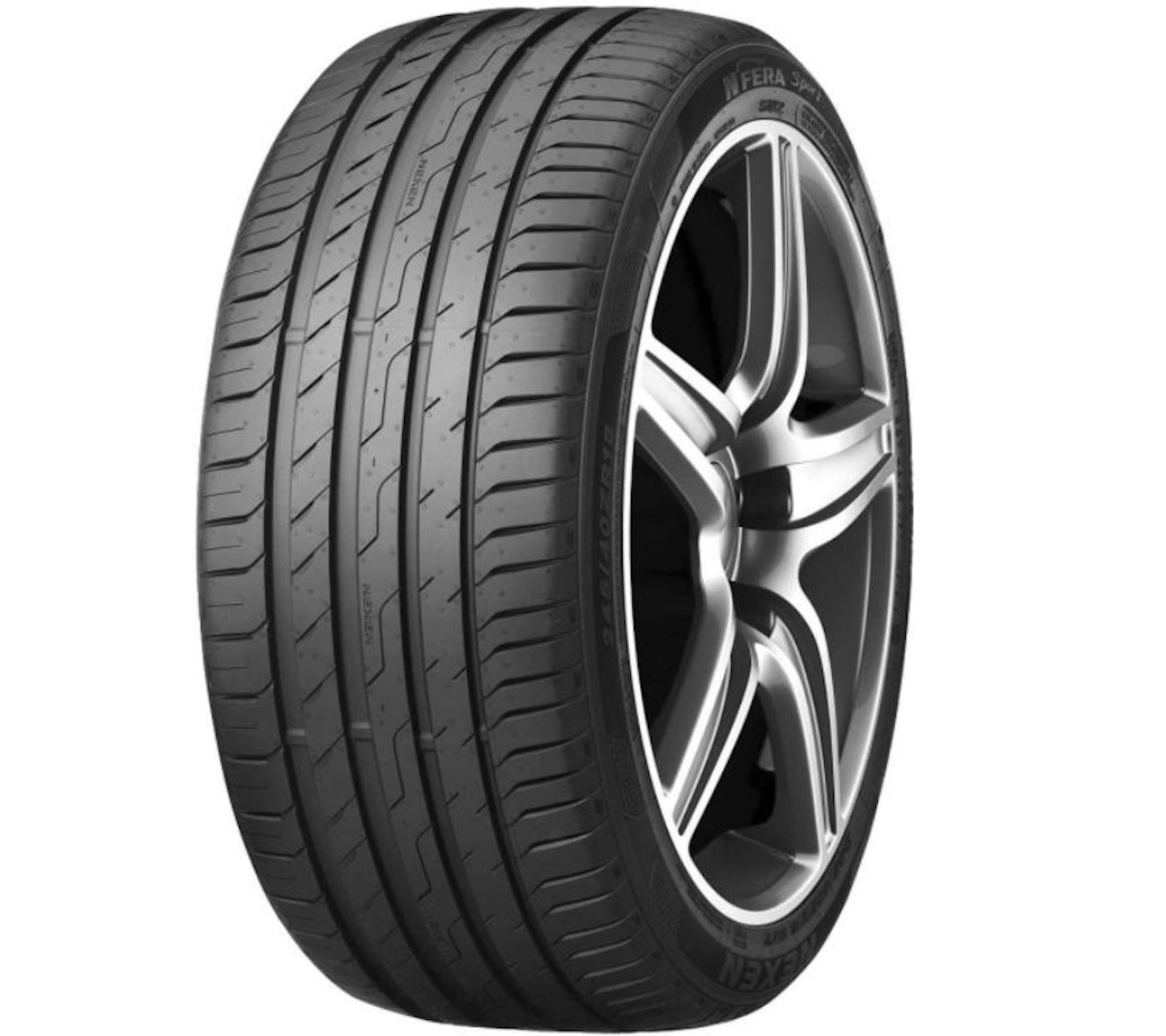
www.mytyres.co.uk
Score: 74/100
For the tyre scoring lowest overall, it's mostly a case of seeing if there are any pros to offset the many cons.
In the case of the Nexen tyre, it was the quietest on test but ranked within the bottom three in everything else.
What are summer tyres?
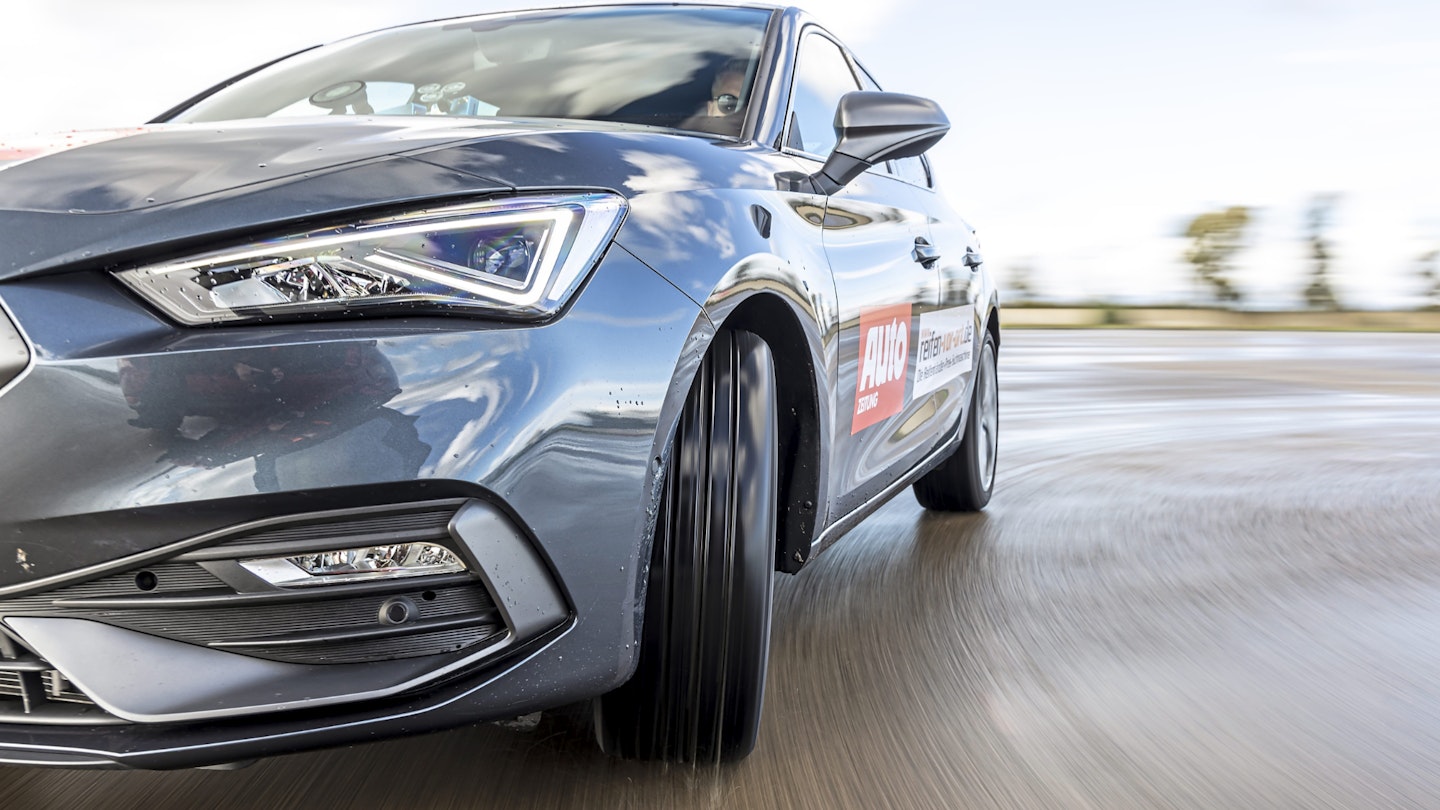
Summer tyres are what you ought to consider as 'normal' tyres because they perform well in all but the winter months. They achieve this by being made from harder compound than winter tyre, which softens a little in warmer temperatures (i.e., above 7 degrees Celsius).
In addition to being made from a harder compound than winter tyres, summer tyres also have fewer grooves in the tread pattern and larger tread blocks in order to gain as much contact with the road as possible, improving grip and handling.
Where winter tyres work only in the coldest times of the year, summer tyres are a lot more versatile. Above 7 degrees, summer tyres have better grip in both wet and dry conditions, yet develop less friction, which aids fuel economy.
Finding the right tyre size
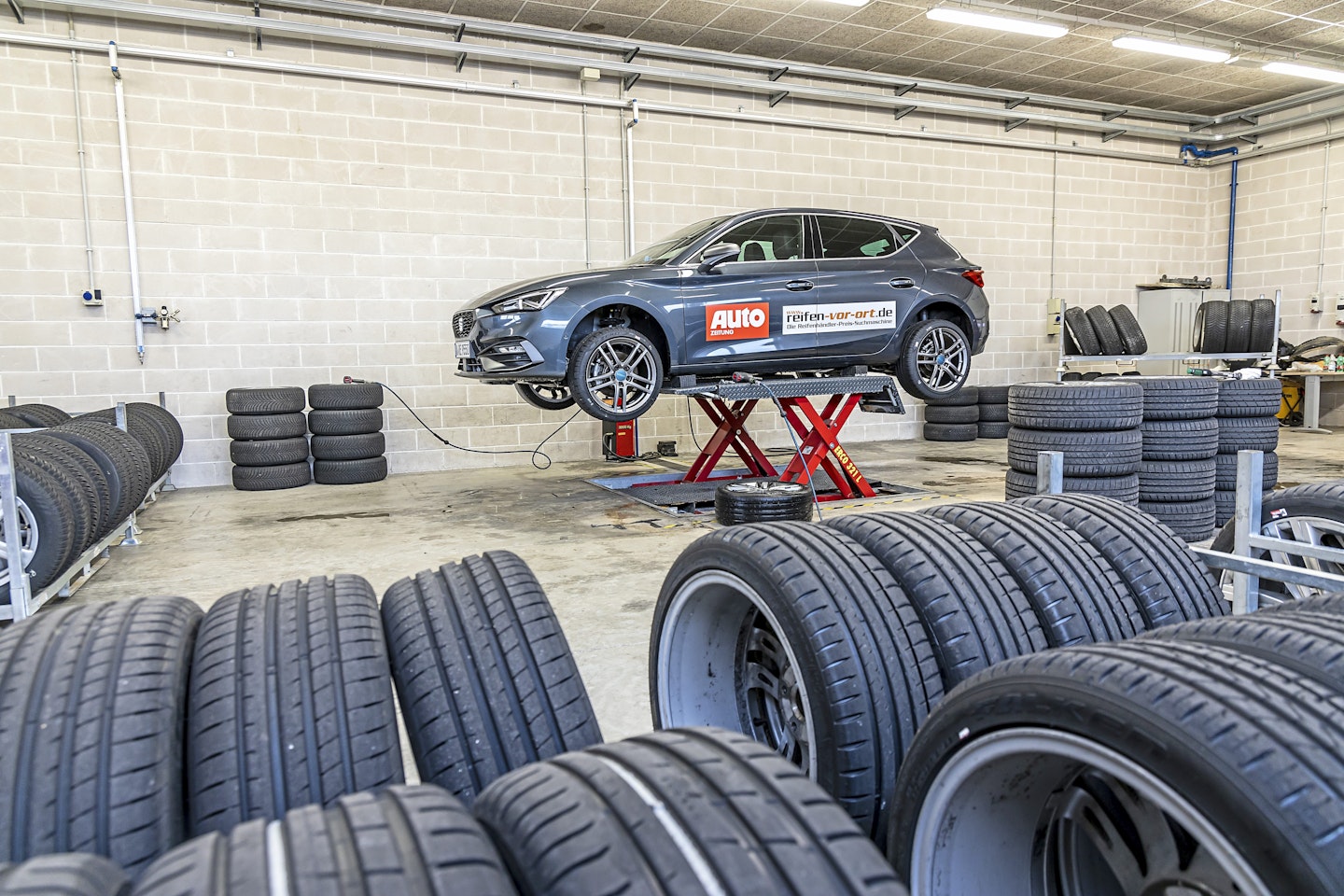
Tyre retailers that sell online, be it Amazon, Halfords, or a tyre specialist, will have a useful tool on its site that allow you to filter the correct tyre size for your car by entering your car registration number or model details. Alternatively, you can find the size of your tyres on the sidewall of your car's current tyres.
Related: Do electric cars need special tyres?
